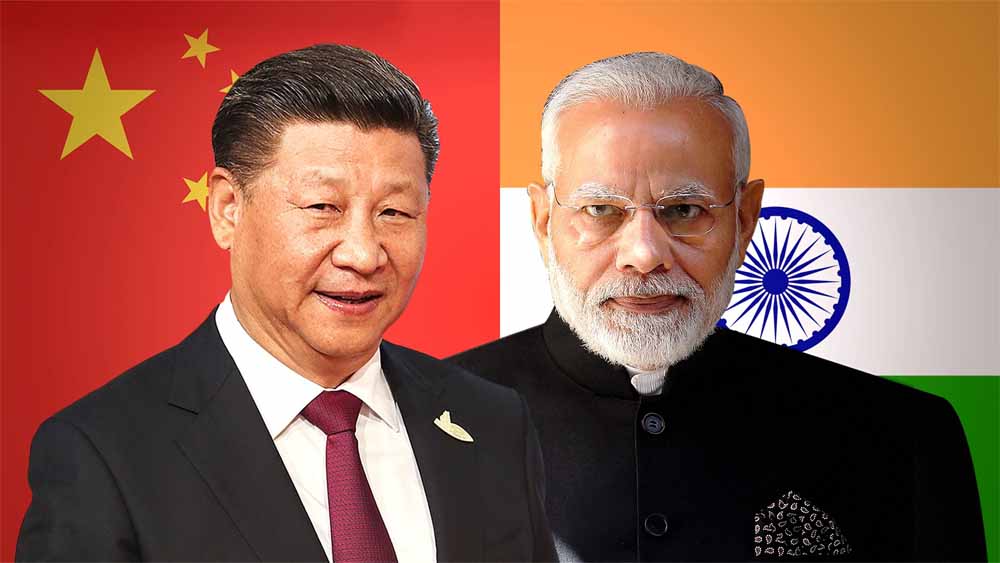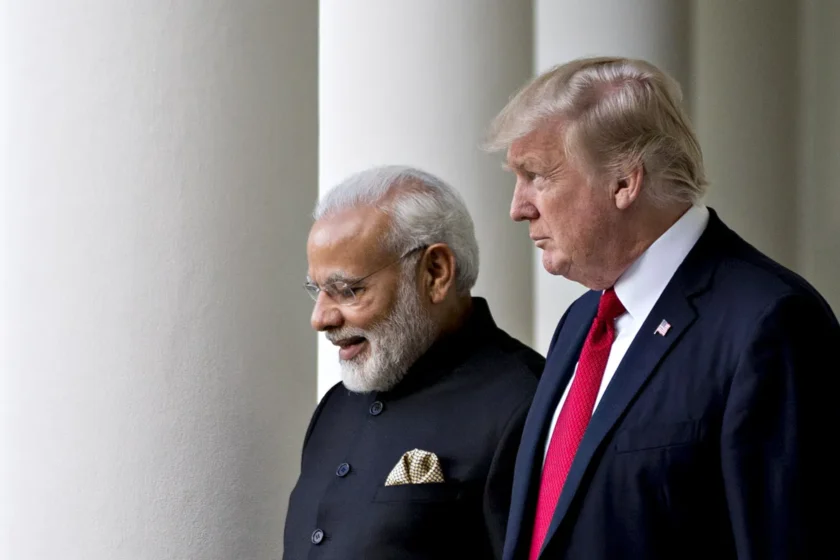Moscow: Russian Foreign Minister Sergey Lavrov has accused Western nations of attempting to create discord between India and Pakistan, and warned of a broader geopolitical strategy to weaken unity in Asia. His remarks came during a meeting of the Diplomatic Club in Moscow on the theme “Culture Without Borders: The Role and Evolution of Cultural Diplomacy.”
Lavrov stated, “Look at recent developments in the Asia-Pacific region—now referred to by the West as the Indo-Pacific, clearly designed to pursue an anti-China agenda. There is also a deliberate attempt to fuel tensions between our great friends and neighbors, India and China.”
Lavrov Slams Western Indo-Pacific Strategy
A vocal critic of the Quadrilateral Security Dialogue (Quad), Lavrov has previously called out the Western-led military alignments in Asia, including AUKUS—comprising Australia, the UK, and the US. However, his criticism has softened post the formation of AUKUS. The Quad, which includes India, the United States, Japan, and Australia, is seen by Russia and China as a counterbalancing force to Beijing’s growing influence in the region.
Lavrov warned that these strategic realignments are part of the West’s broader campaign to dominate regional affairs in Asia. “Western allies are trying to play a dominant role here, just as they do in other parts of the world. They aim to weaken the central role of ASEAN—a role that has been inclusive and consensus-driven for decades,” he said.
ASEAN and Regional Stability
ASEAN (Association of Southeast Asian Nations) consists of ten member countries—Indonesia, Malaysia, the Philippines, Singapore, Thailand, Brunei, Myanmar, Cambodia, Laos, and Vietnam. Lavrov underscored ASEAN’s historic importance in fostering economic and security cooperation in Southeast Asia.

He cautioned that some ASEAN nations are being lured away from this inclusive approach toward more confrontational, exclusive platforms. “The consensus model, the search for common ground—our Western partners are slowly abandoning these. Instead, they are tempting certain ASEAN countries to join openly adversarial frameworks,” Lavrov added.
Call for a Unified Eurasian Platform
Lavrov went further to call for a continent-wide security mechanism in Eurasia. “No other continent hosts as many enduring civilizations as Eurasia. Despite this, we still lack a unified platform that reflects the collective interests of its major powers and cultures.”
He pointed out that Africa has the African Union, and Latin America has the Community of Latin American and Caribbean States (CELAC), yet Eurasia remains without an integrated, continent-spanning body. “Eurasia urgently needs a harmonized forum to coordinate the diverse but interconnected interests of its many great civilizations,” he said.
Lavrov’s remarks come at a time when the global geopolitical landscape is witnessing increasing polarization, with the West strengthening its alliances in Asia while Russia and China push for alternative regional groupings and multipolarity.









